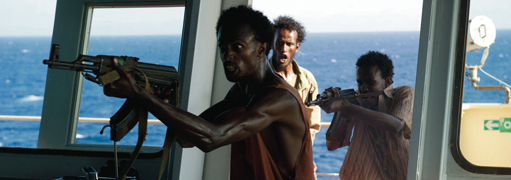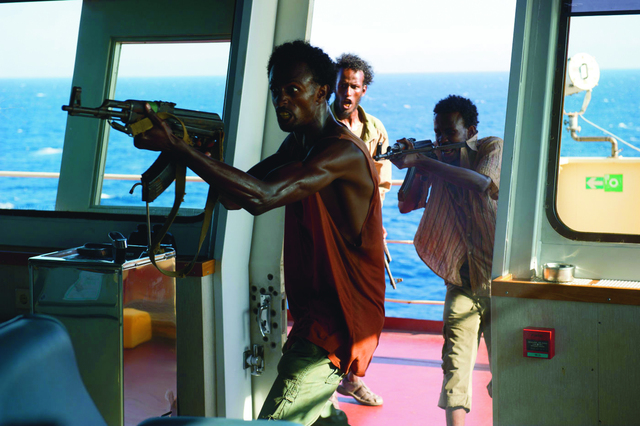Film Review: Tom Hanks Sets Another High Water Mark In Modern Piracy Drama Captain Phillips
Intimate Pirate Thriller Hits The High Seas Like A Runaway Typhoon


The Looove Boat promises something for everyone. Set a course for adventure


